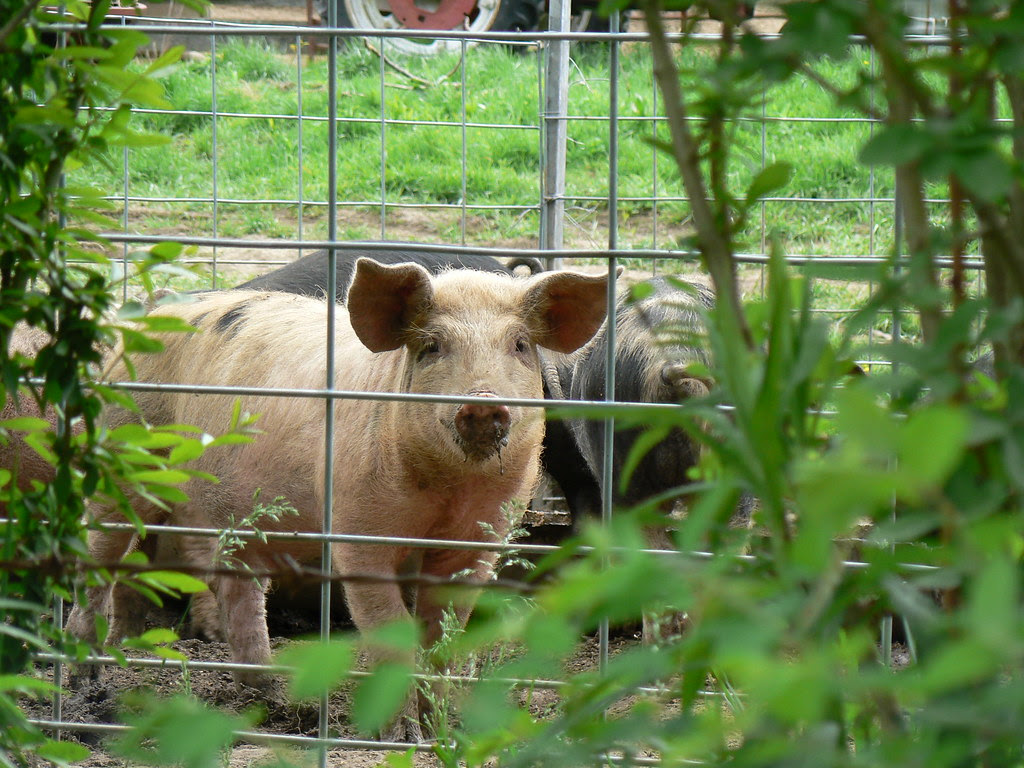
LOCALIowa Works with Meat Processors to Prepare for FADThe Iowa Department of Agriculture and Land Stewardship is working in conjunction with the United States Department of Agriculture (USDA) Animal and Plant Health Inspection Service (APHIS) to help prepare meat processing facilities for the implications of a future foreign animal disease (FAD) event. On September 29 a joint meeting was held to help stakeholders in the meat processing industry understand what state and federal response plans entail, and how that could affect the processing industry. Iowa Agriculture Secretary Mike Naig was quoted in the release, stating “We’ve been focused on foreign animal disease planning for several years, but there’s a sense of urgency now that African Swine Fever has been detected in the western hemisphere. We want to make sure stakeholders throughout the supply chain understand our response plans so they can adjust accordingly to minimize disruptions for producers, retailers and consumers.” NATIONALUSDA ARS one step closer to ASFV vaccineThe United States Department of Agriculture (USDA) Animal Research Services (ARS) has announced that it’s ASFV-G-ΔI177L vaccine candidate is effective at protecting both European and Asian breeds of pigs when challenged with the current strain of African Swine Fever Virus (ASFV) circulating in Asia. The vaccine is based upon the virulent strain of the virus isolated from the 2007 outbreak of ASFV in the country of Georgia. It is a recombinant vaccine which was created by deletion of the I77L gene from the Georgia virus strain. Because of the current lack of vaccines, control strategies for ASFV have relied on culling affected animals. It is estimated that the current outbreak in Asia has resulted in $55-130 billion in direct economic loss. While the virus has not been found yet in the United States, it has recently been found in the America’s in both the Dominican Republic and Haiti. The development of a commercially viable vaccine would be an important step in protecting the United States pork industry should the virus be found in the states. INTERNATIONALAfrican Swine Fever Moving West in GermanyThe Friedrich-Loeffler-Institut of Germany has confirmed a case of African Swine Fever (ASFV) in a hunted wild boar from the Meissen district in Saxony. This case represents the furthest west ASFV has been found in Germany, nearly 55km further west than the current exclusion zone in the Görlitz district. This is the first case of ASFV in Saxony outside of the Görlitz district, which has had over 500 cases in wild boars. |
